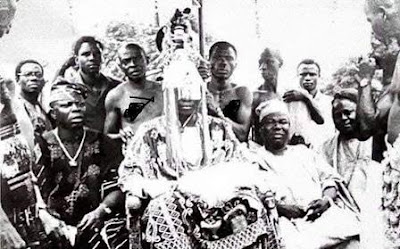In early 1976, while African presidents were busy throwing banquets and pretending to understand the term “non-aligned movement,” Uganda’s Field Marshal, Dr. President-for-Life Idi Amin Dada, VC, DSO, MC, Conqueror of the British Empire, etcetera etcetera, had other ideas. He suddenly decided that a large chunk of Kenya, including Kisumu, Eldoret, and possibly your grandmother’s land in Kakamega, actually belonged to Uganda. According to Amin, the British had wrongly transferred the land to Kenya in 1902, perhaps in exchange for tea, chapati, or colonial confusion.
Now, this wasn’t Amin’s first outlandish claim. The man already called himself Conqueror of the British Empire and King of Scotland. But this time, he went from comic relief to threat mode. He declared Uganda would reclaim its territory, and if Kenya resisted, he would send troops. Never mind that his army had more tanks than fuel, and his air force had more ambition than altitude.
Enter Mzee Jomo Kenyatta. Old, yes. Frail, perhaps. But still sharper than a Maasai spear and twice as deadly with words. When news of Amin’s territorial fantasies reached State House, Kenyatta did not panic. He summoned the nation to Uhuru Park and growled, “We shall not give away even an inch, not even a quarter of an inch.” He warned that if Uganda tried anything, they would be met with unimaginable force.
Kenyans, fueled by patriotic pride and a natural dislike for being bossed around, took to the streets with chants, protests, and the highly creative art of effigy burning. In Kisumu, someone constructed a ten-foot tall dummy of Idi Amin with a chicken on its head. In Nairobi, the phrase “Amin must go to school” began trending long before Twitter existed. Meanwhile, the Kenyan army, which rarely got to do anything beyond marching on national holidays, was mobilized to the border. Military trucks rolled into Busia and Bungoma. Jet fighters began doing flyovers near Uganda’s airspace just to remind Amin that Kenya too had joined in the rally.
#Africa #Uganda #World













